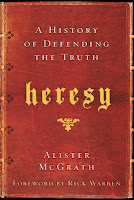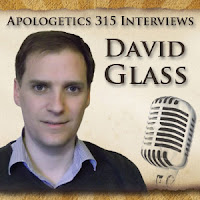 David Hume (1711-1776): Scottish philosopher who was one of the preeminent thinkers of the Enlightenment. Hume as an empiricist who claimed that all knowledge of "matters of fact" (any knowledge not grounded in the meanings of terms) is based on sense experience. Hume developed powerful arguments that our knowledge of cause and effect and reliance on inductive reasoning are not in themselves rationally justifiable but are based on "custom." In philosophy of religion, Hume is famous, first, for his argument that belief in miracles is irrational because the evidence of past experience will always outweigh the testimony in favor of miracles, and second, for a powerful critique of natural theology in his Dialogues Concerning Natural Religion.1
David Hume (1711-1776): Scottish philosopher who was one of the preeminent thinkers of the Enlightenment. Hume as an empiricist who claimed that all knowledge of "matters of fact" (any knowledge not grounded in the meanings of terms) is based on sense experience. Hume developed powerful arguments that our knowledge of cause and effect and reliance on inductive reasoning are not in themselves rationally justifiable but are based on "custom." In philosophy of religion, Hume is famous, first, for his argument that belief in miracles is irrational because the evidence of past experience will always outweigh the testimony in favor of miracles, and second, for a powerful critique of natural theology in his Dialogues Concerning Natural Religion.1
1. C.Stephen Evans, Pocket Dictionary of Apologetics & Philosophy of Religion (Downers Grove, IL: InterVarsity Press, 2002), p. 56.
(Downers Grove, IL: InterVarsity Press, 2002), p. 56.
























